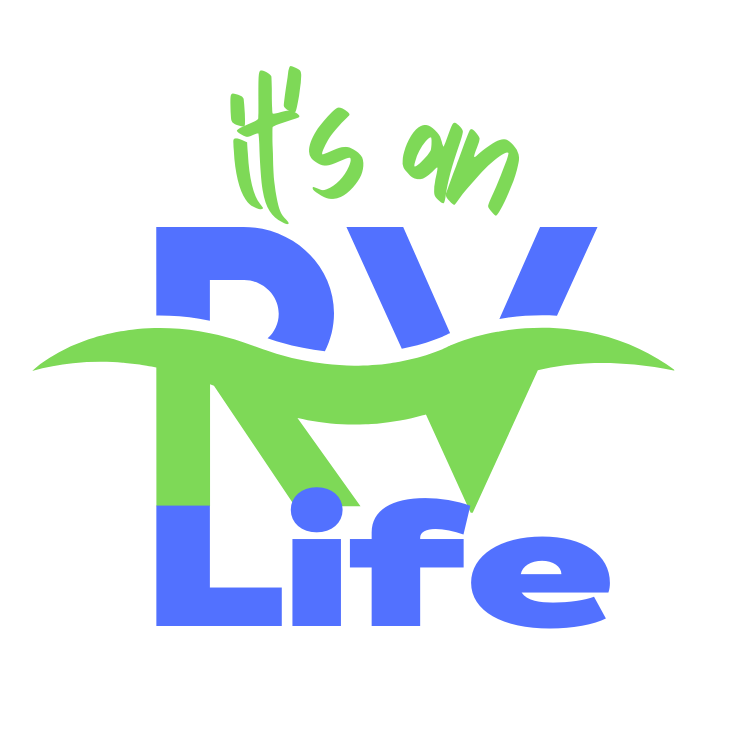With the rising costs of basically everything, it’s no surprise you may be looking to save on a propane refill. Of course, sometimes urgency coupled with convenience leaves us with only an expensive choice. For instance, like me, you’ve managed to let your RV propane run out at the most inconvenient time. For me, it has happened while my wife was in the middle of cooking dinner. In such situations, a propane refill may be difficult to find. If you can find one, often it is the only place in town, with a hefty price. Which leads us to our first tip, be prepared
3 Tips to Save on a Propane Refill – 1. Be Prepared
Keep track of your propane usage. They do make handy gauges, like this one from Camco. They even make ones that work with an app, like this one from Mopeka. I have never used one, but considering my track record, maybe I should get one. If you are frequent campers, you’ll get the idea of how long it takes you to go through a tank of propane. Once you get a good idea of your typical usage, you should be able to avoid running out.
With experience, I’ve learned we can last at least a few months on a single tank. With this in mind, after I get a refill, I like to set an alert on my phone’s calendar well before I think we will need a refill. Also, if you’re not too close on your tongue weight limit, and your rig supports it, get two tanks filled at the same time. This way you’ll have a back up when the first tank runs out. Avoiding the unexpected empty tank will afford you more options to shop around for the cheaper refills. The next tip involves not necessarily saving on a propane refill, but reducing usage.
2. Seek Alternate Methods
Most RV appliances are equipped with dual methods of power. Refrigerators and water heaters commonly run on either propane or electric. We’ve always stayed at places with electric hookups, so we always run our fridge and water heater on electric. Why not? It’s included in the campsite nightly rate and it saves on our propane use. Additionally, in the cooler months we primarily use our electric fireplace and a small electric space heater with a built-in thermostat. If you’ve ever ran your propane furnace for a few cold nights, you’ll know it doesn’t take long to go through propane.
Of course, I understand some of you like to boondock. Additionally, maybe you camp in the cold winters up north. I can see where the furnace would be used more in such conditions. But, the point here is, when you can, use an alternate source. If you do use a space heater, ensure it has a thermostat that automatically shuts off. It’s typically recommended not to use them when you leave your RV. Finally, if you’re getting propane refills more than normal, then consider that you may have a leak.
3. Check for Leaks
Sticking with the usage theme, if you’re not using your propane more than usual, yet you’re having to refill it more often then there’s an obvious issue. If this is you, then check for a leak. This has happened on us on more than one occasion. The culprit both times was the propane regulator. Fortunately, this is a pretty easy fix and you can do it yourself.
Our second regulator seems to be be a solid choice as it has been working great. We bought this one on Amazon. It’s a Flame King 2-Stage Auto Changeover. Of course, always be sure to ensure you are shopping for the right model of regulator. As mentioned, if you have the room and weight capacity for two tanks, this is the way to go. More propane and with this regulator it will automatically switch over once the first tank runs out.
By being prepared, limiting your usage when possible and ensuring you have no leaks, you’ll be be saving on a propane refill. Have similar experiences to share and/or other tips to save on propane? Let us know below!
The products featured in this post can be found below. Please consider purchasing through the links provided. It helps us out greatly at no extra cost to you. Thank you.

